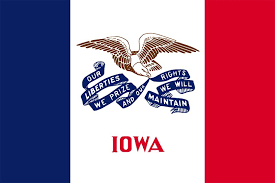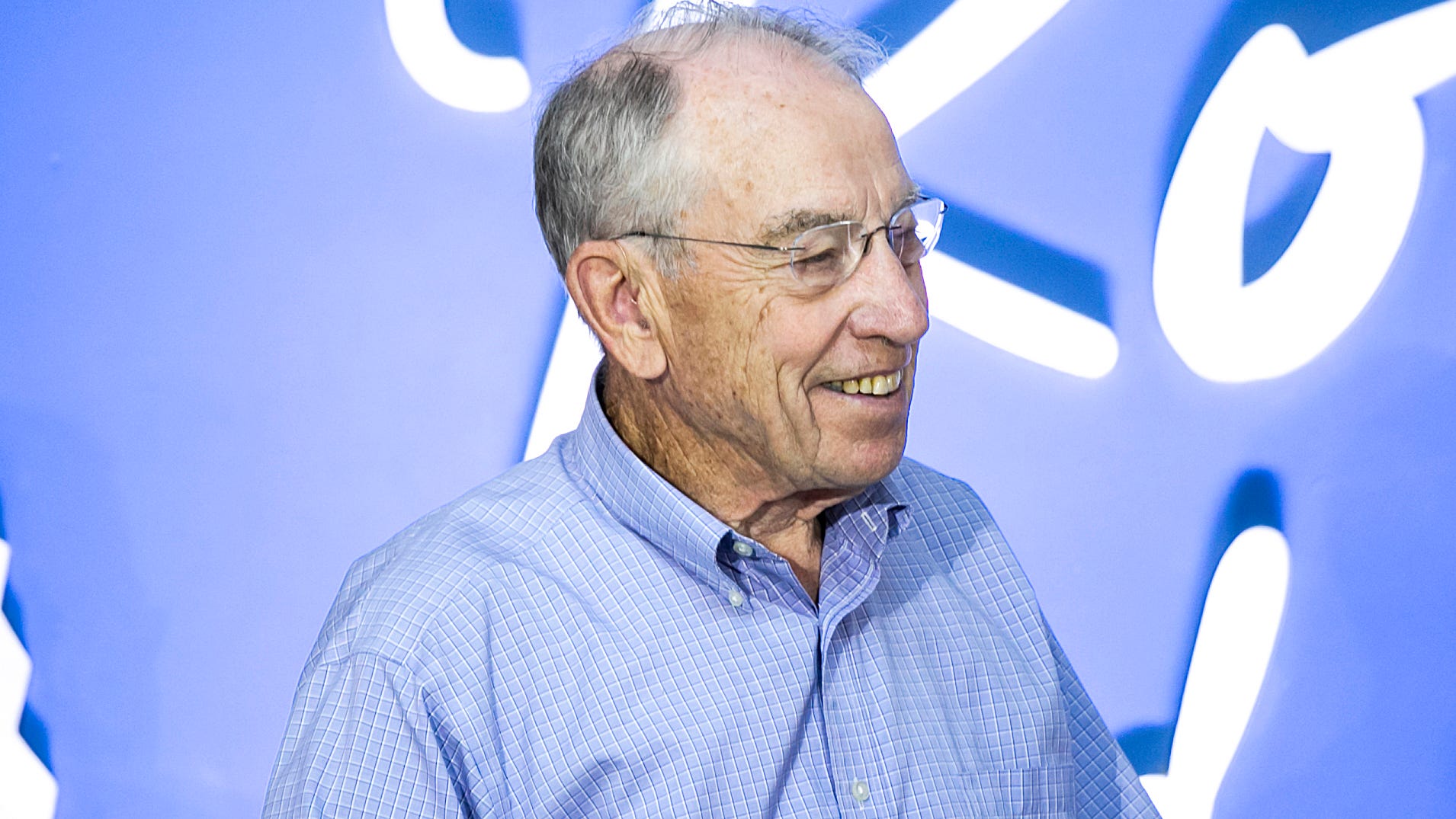Iowa’s senior senator said he isn’t in favor of Congress pursuing additional ethics rules for the U.S. Supreme Court and pushed back on a report that Justice Sam Alito had traveled with a wealthy donor whose business later came before the court.
U.S. Sen. Chuck Grassley, a former chair of the Senate judiciary committee, told reporters he believed lawmakers shouldn’t enforce further regulations on the court until its new internal guidelines can be evaluated.
“I am not in favor of legislation until we know that what the Supreme Court has done on their own is enough,” Grassley said.
In March, the court quietly revised its ethics code to require a more complete disclosure of trips and gifts received by the justices, though some still remain exempt from reporting.
The changes came amid increased scrutiny on the court’s relationship with wealthy donors and friends — with the nonprofit news outlet ProPublica reporting about vacations and gifts received by Justice Clarence Thomas and now Alito.
Grassley questioned whether Congress should enforce such changes on the court.
“I don’t even know whether it’s appropriate for us to pass legislation in this area,” he said. “It probably is. But the extent to which we accept the judicial branch as a separate branch of government, the extent to which it would be appropriate to do that, that’s kind of immaterial at this point.”
The court “knew there’s a problem, they’ve rewritten the rules and that’s it,” Grassley added. And he brushed aside the latest reporting on Alito, arguing his “travel was before his friend had business before the courts.”
“So the inference that he’s influenced by who he might have a relationship with can’t apply in this place because it was before there was any business before the Supreme Court.”
Alito did not recuse himself from a series of cases involving his fellow vacationer Paul Singer, ProPublica reported. In an op-ed for the Wall Street Journal on Wednesday, Alito disputed the report, arguing he had “no obligation to recuse” in any of the cases.
Several ethics law experts who spoke to ProPublica said it appeared that Alito had violated a post-Watergate federal law requiring disclosure by public officials of private jet flights, as well as his stay at a commercial lodge.


